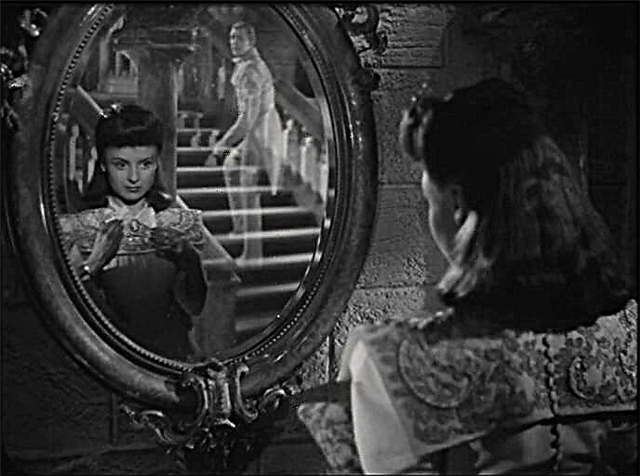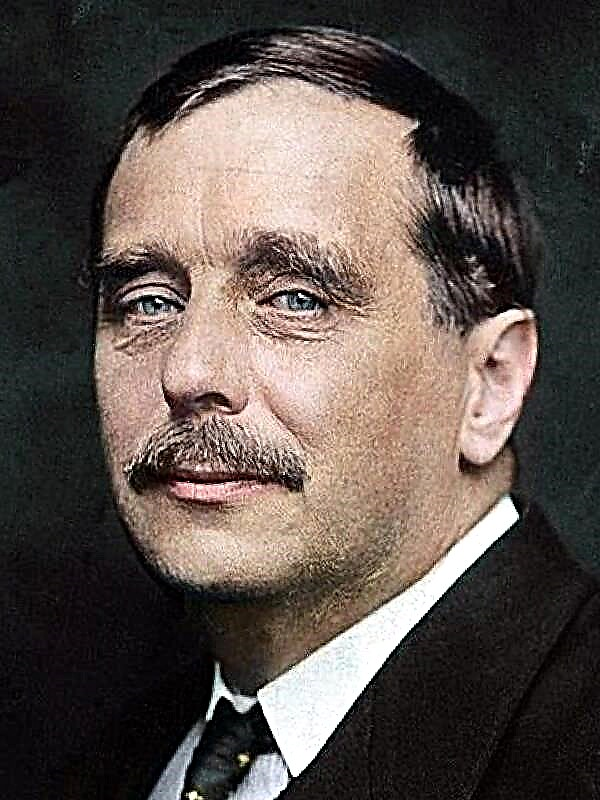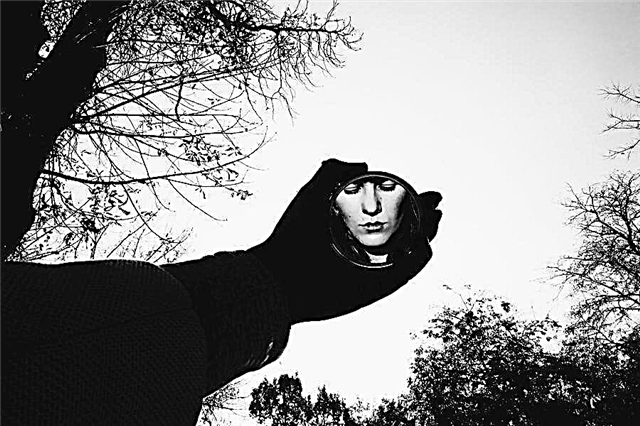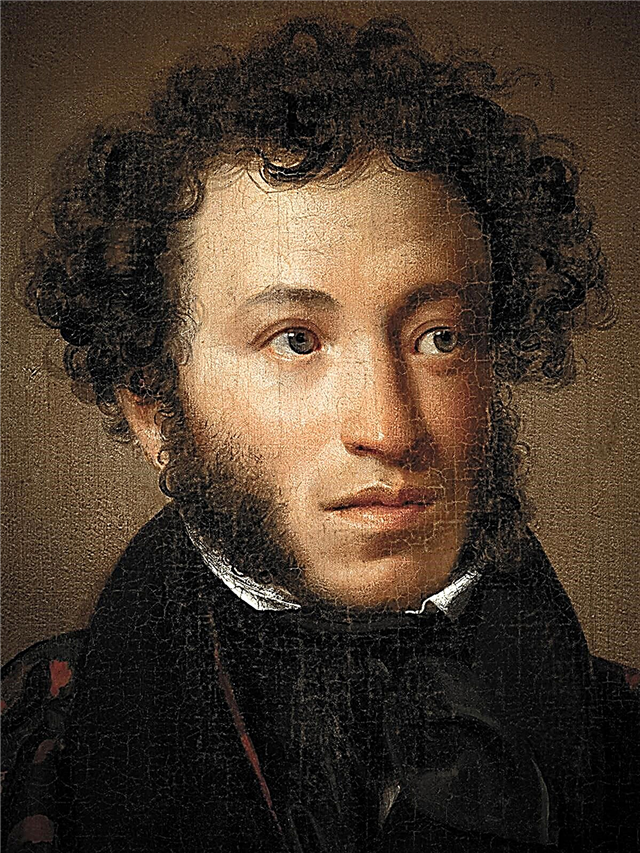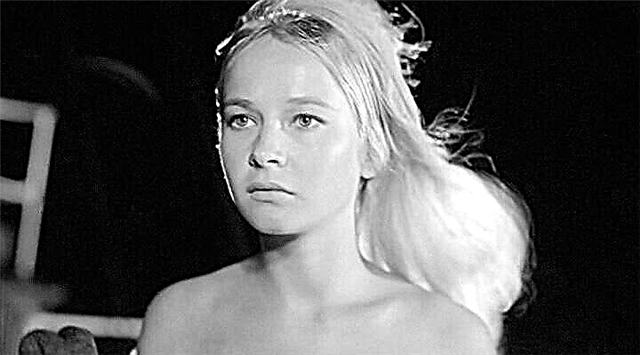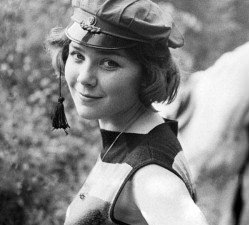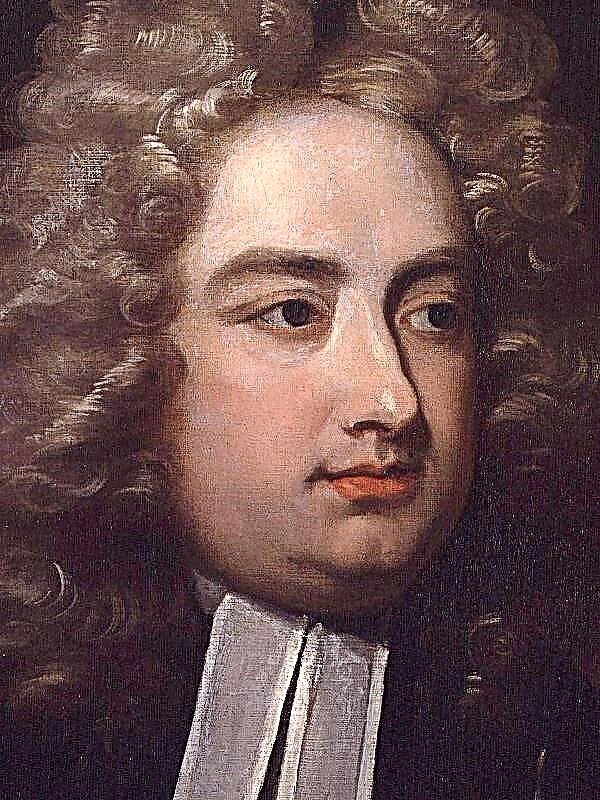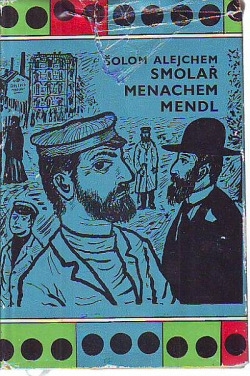The comedy is preceded by a lengthy preface by the author, which states that most writers take the pen for three reasons. The first is the desire to become famous; the second is to get rich; the third is the satisfaction of their own base feelings, such as envy and the desire to take revenge on someone. Lukin, on the other hand, seeks to benefit compatriots and hopes that the reader will be condescending to his work. He also expresses his gratitude to the actors involved in his play, considering that they all have the right to share the praise with the author.
The action takes place in the Moscow house of the Dowager Princess, in love with one of the Dobroserdovyh brothers. The servant Vasily, waiting for the awakening of his master, talks to himself about the vicissitudes of the fate of his young master. The son of a decent person was completely squandered and lives in fear of prison sentences. Dokukin appears, who would like to receive a long-standing debt from the owner of Vasily. Vasily is trying to get rid of Dokukin under the pretext that his master is about to receive the money and will return everything in full soon. Dokukin is afraid to be deceived and not only does not leave, but goes after Vasily to the master’s bedroom, which was awakened by loud voices. Seeing Dokukin, Dobroserdov consoles him by announcing his marriage to the local mistress, and asks him to wait a bit, since the princess promised to give such a sum of money for the wedding that she would get enough to repay the debt. Dobroserdov goes to the princess, and Dokukin and Vasily remain. The servant explains to the creditor that no one should see him in the princess’s house - otherwise Dobroserdov’s debts and ruin will be known. The lender (creditor) leaves, muttering to himself that he will inquire from Zloradov.
The servant Stepanida, who appeared with the princess half, manages to notice Dokukin and asks Vasily about him. The servant tells Stepanide in detail about the circumstances because of which his master Dobroserdov was in distress. At fourteen, his father sent him to Petersburg in the care of his brother, a frivolous man. The young man neglected the sciences and indulged in entertainment, making friends with Zloradov, with whom he settled together after his uncle died. For a month he completely went bankrupt, and for four - he owed thirty thousand to various merchants, including Dokukin. Zloradov not only helped to squander the estate and borrowed money, but also quarreled Dobroserdov with another uncle. The latter decided to leave an inheritance to his younger brother Dobroserdov, with whom he left for the village.
Uncle can be forgiven for only one way - by marrying a prudent and virtuous girl, which Dobroserdov believes Cleopatra, the niece of the princess. Vasily asks Stepanida to persuade Cleopatra to flee with the Dobroserdovy secret. The maid does not believe that the well-disposed Cleopatra will agree, but she would like to save her mistress from the aunt-princess, who spends the money of her niece on her whims and outfits. Dobroserdov appears, who also asks Stepanida for help. The maid leaves, and the princess appears, not hiding her attention to the young man. She invites him to her room to dress in his presence for the upcoming exit. Not without difficulty, Dobroserdov, embarrassed by the need to deceive the princess in love with him, is so busy that he happily avoids the need to be present at the princess's toilet, especially to accompany her on a visit. The delighted Dobroserdov sends Vasily to Zloradov, his true friend, to open himself to him and lend money to escape. Vasily believes that Zloradov is not capable of good deeds, but he does not manage to dissuade Dobroserdov.
Dobroserdov finds no place in waiting for Stepanida and curses himself for the recklessness of the old days - disobedience and revelry. Stepanida appears and reports that she did not have time to explain to Cleopatra. She advises Dobroserdova to write a letter to the girl with a story about her feelings. The delighted Dobroserdov leaves, and Stepanida reflects on the reasons for her participation in the fate of lovers and concludes that the matter is in her love for Vasily, whose kindness is more important for her than the plain appearance of a young age.
The princess appears and pounces on Stepanida with abuse. The maid makes excuses for wanting to help the hostess and came to find out something about Dobroserdov. The young man who appeared from his room at first does not notice the princess, but when she sees her, she imperceptibly pops a letter to the maid. Both women leave, and Dobroserdov remains waiting for Basil.
Suddenly Stepanida returns with sad news. It turns out that the princess went to visit her daughter-in-law in order to sign documents (in-line) for Cleopatra’s dowry. She wants to pass her off as a rich breeder Srebrolyubov, who undertakes not only not to demand the required dowry, but also gives the princess a stone house and ten thousand in addition. The young man is indignant, and the maid promises him his help.
Vasily returns and talks about the vile deed of Zloradov, who incited Dokukin (the creditor) to immediately call Dobroserdov for the debt, as the debtor intends to escape from the city. Kind-hearted does not believe, although some doubt settles in his soul. Therefore, at first it’s cold, and then with the same simple-heartedness, he tells Zloradov who has appeared to him about everything that happened. Zloradov feignedly promises to help get the necessary three hundred rubles from the princess, realizing to himself that Cleopatra’s wedding with the merchant will be very beneficial to him. To do this, write a letter to the Princess asking for a loan in order to pay the card debt and take him to the house where the Princess is visiting. Dobroserdov agrees and, forgetting Stepanida’s warnings not to leave the room, leaves to write a letter. Vasily is indignant because of the gullibility of his master.
The newly appeared Stepanida tells Dobroserdov that Cleopatra read the letter, and although it cannot be said that she decided to run, she does not hide her love for the young man. Suddenly Panfil appears - the servant of the younger brother of Dobroserdov, sent secretly with a letter. It turns out that his uncle was ready to forgive Dobroserdov, since he had learned from his younger brother about his intention to marry a virtuous girl. But the neighbors hastened to report the lack of spirit of a young man who allegedly was squandering the estate of Cleopatra, along with her guardian, the princess. Uncle became furious, and there is only one way: immediately come with a girl to the village and explain the true state of affairs.
Dobroserdov, in desperation, is trying to delay the decision of the magistrate with the help of solicitor Prolazin. But none of the solicitor’s methods suits him, since he does not agree to deny his signature on bills, nor to give bribes, much less to solder creditors and steal bills, accusing his servant of this. Upon learning of the departure of Dobroserdov, creditors appear one after another and demand a return of the debt. Only one Pravdolyubov, who also has bills of the ill-fated Dobroserdov, is ready to wait until better times.
Zloradov arrives, pleased with how he managed to circle the princess around her finger. Now, if it is possible to adjust the sudden appearance of the princess during a meeting between Dobroserdov and Cleopatra, the girl faces a monastery, her lover's prison, all the money will go to Zloradov. Dobroserdov appears and, having received money from Zloradov, recklessly devotes him to all the details of his conversation with Cleopatra. Zloradov leaves. Cleopatra appears with her maid. During a fervent explanation, the princess appears, accompanied by Zloradov. Not only Stepanida was not taken aback, but the young man and his servant were struck by her speech. Rushing to the princess, the maid opens Dobroserdov’s plan for the immediate escape of her niece and asks the princess for permission to take the girl to the monastery, where their relative serves as abbess. The furious princess entrusts the ungrateful niece to the maidservant, and they leave. Dobroserdov tries to follow them, but the princess stops him and showers reproaches in black ingratitude. The young man is trying to find support from his imaginary friend Zloradov, but he reveals his true face, accusing the young man of lack of confidence. The princess demands from Dobroserdov respect for her future husband. Zloradov and the overripe coquette leave, and Dobroserdov rushes with belated regrets to his servant.
A poor widow with her daughter appears and reminds the young man of the debt she has been waiting for a year and a half. Dobroserdov without hesitation gives the widow three hundred rubles brought from Princess Zloradov. After the widow leaves, he asks Vasily to sell all his clothes and underwear in order to pay off the widow. Vasily offers a free. Vasily refuses, explaining this by the fact that he will not leave the young man in such a difficult time, especially since he moved away from a dissolute life. Meanwhile, lenders and clerks invited by Zloradov are gathering around the house.
Suddenly, the younger brother of Dobroserdov appears. The older brother is even more desperate due to the fact that the younger brother witnessed his shame. But things are taking an unexpected turn. It turns out that their uncle died and left his estate to his elder brother, having forgiven all his sins. The younger Dobroserdov is ready to immediately pay debts to creditors and pay the work of clerical staff from the magistrate. One upsets Dobroserdov Sr. - the lack of beloved Cleopatra. But she is here. It turns out that Stepanida deceived the princess and took the girl not to the monastery, but to the village to her lover's uncle. On the way, they met their younger brother and told him everything. Zloradov was trying to get out of this situation, but, having failed, he began to threaten Dobroserdov. However, creditors who have lost future interest from a wealthy debtor present Zloradov's bills to the clerks. The princess repents of her actions. Stepanida and Vasily receive free, but are going to serve their masters as before. In addition, Vasily makes a speech saying that all the girls should be likened to Cleopatra by virtue, that “obsolete coquets” would give up penance, like the princess, and “the god of evil does not leave without punishment.”


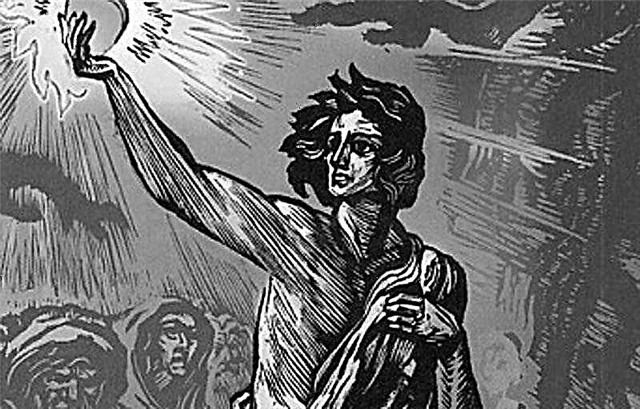
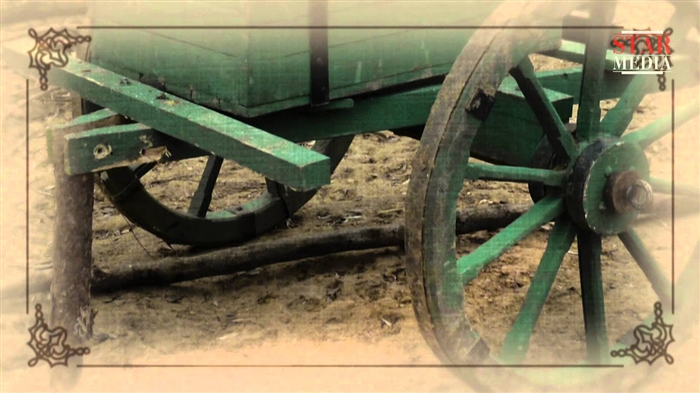 Roslavlev
Roslavlev